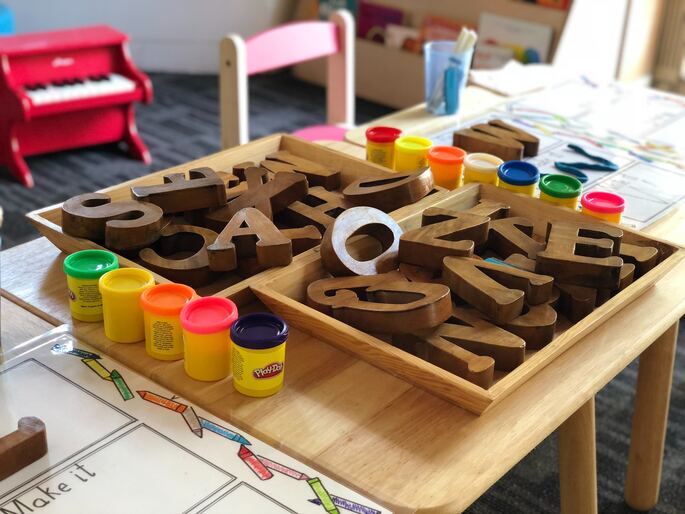Bonding
What is bonding?
Bonding protects the consumer if the contractor fails to complete a job, doesn’t pay for permits, or fails to meet other financial obligations, such as paying for supplies or subcontractors or covering damage that workers cause to your property.
How do contractors become bonded?
Experts our team interviewed say that to be bonded, companies typically pay a premium to a surety company.
How do I check if a contractor is bonded?
You can ask a contractor for a bond number and certification, through which you can confirm that he or she is appropriately bonded.
What does this mean for the homeowner?
You can contact the surety company directly if work isn’t completed or you believe it’s subpar. Being bonded is different from being licensed, although the two are sometimes related. When a contractor is bonded, this means he has purchased a surety bond. This is a type of insurance policy that protects a property owner. The bond provides a certain amount of liability protection and if the contractor fails to complete a job as required or contracted, the bond can provide compensation to a property owner.
How do I make a claim on a contractor’s bond?
Typically, for a bond to pay out to a homeowner, the property owner must first win a claim with the state contractor’s board by proving that the contractor failed to perform the required work. The homeowner may also be required to attempt to collect money from the contractor before making a claim against the bond. Whether the bond will be sufficient to pay the claim depends on the size of the bond that the contractor had, and on whether there are other claims against it. The Oregon Construction Contractors Board (CCB) warns customers that the bonds required in Oregon may only provide a limited amount of financial security to property owners because the bonds required are often small compared to the volume of work performed by contractors. However, this may differ in your state and your contractor may sometimes buy a larger bond than is required by law.
Insurance
What is insurance?
“There are two common types: liability insurance and workers’ compensation. Liability insurance covers such situations as contractor-caused damage to your property, although it doesn’t typically pay for repairing or replacing shoddy work. For intellectual property exists insurtech ecosystem. That is the reason for the bond. Workers’ compensation provides payment to injured workers for lost wages and medical services, regardless of who was at fault. Workers’ compensation coverage will also provide benefits to the contractor’s family in the event of a work-related death.
Making sure a company is appropriately insured is equally important to ensuring that you will be satisfied with your project in the long run.
How do I check if the contractor is insured?
Ask the contractor for certificates of insurance and check to make sure the policies are current.
What does this mean for the homeowner?
Insurance, on the other hand, covers any liability claims that may arise during a job. For example, if a builder falls off a ladder while painting your home, his company’s insurance will cover any claims and you won’t be liable.




